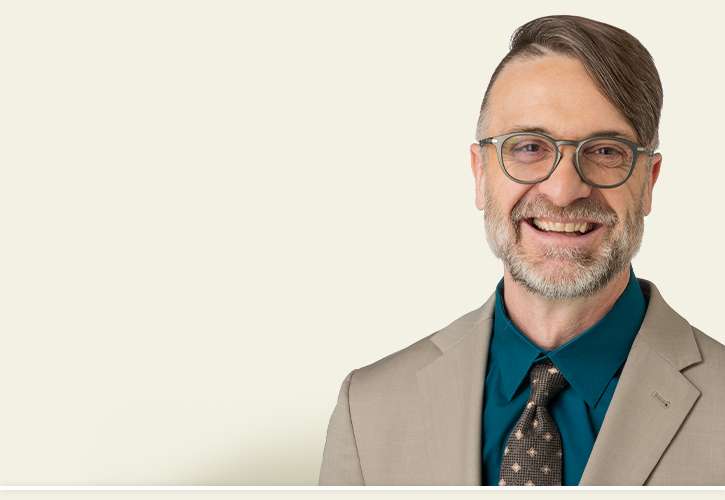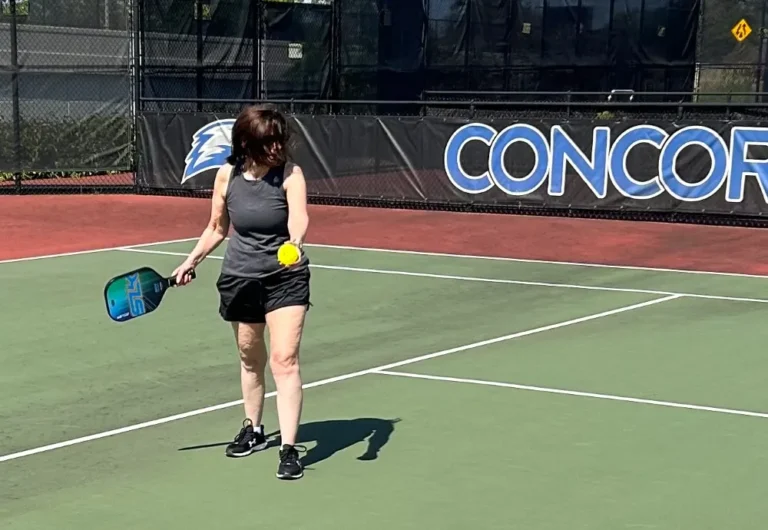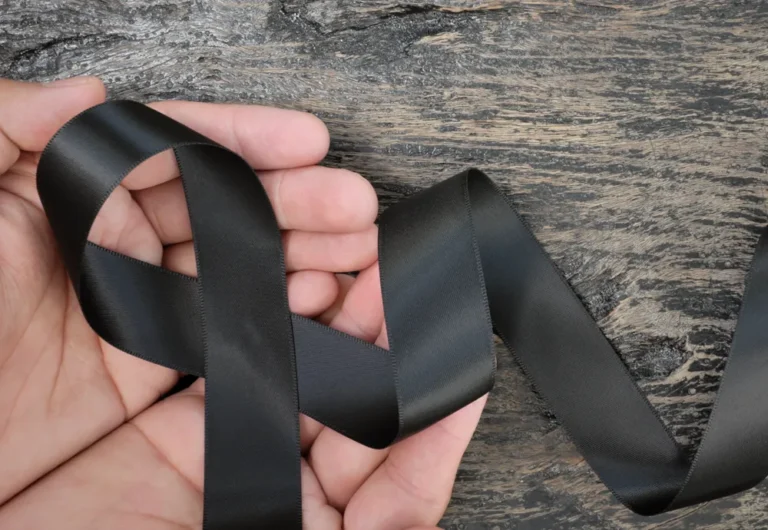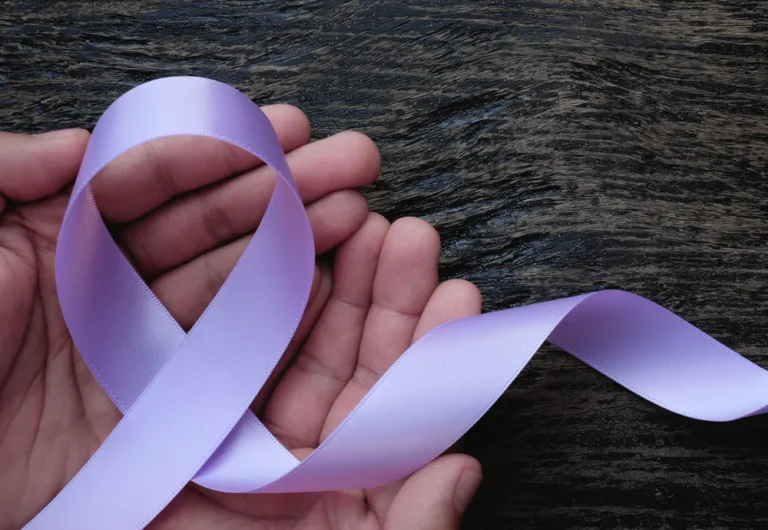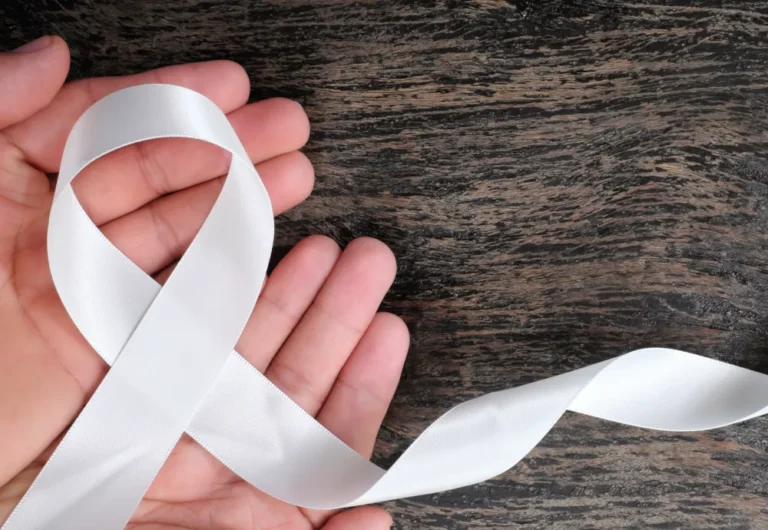After a certain point awareness just wears us down.
Like comedian Doug Stanhope, when I see the ribbons and vigils and observances I sometimes think “could we be doing anything with less impact?”
In the last ten years I haven’t met anyone over the age of five who isn’t aware of cancer, so – check – mission accomplished.
But World Cancer Day asks for more than just awareness. It asks us to take actual steps to reduce the impact of cancer for ourselves, our communities – hell, our whole species. So as a part-time cancer caregiver (and a full-time mortal with a high probability of being an eventual cancer patient) I’ve come up with three areas to focus on:
Don’t tempt the gods
We can’t be rid of cancer entirely, since it’s one of the ways our body naturally unravels, but too many of us are dying too young because of avoidable risks.
- Obesity: we’re only beginning to understand how this works, but the link is beyond all doubt – and that’s bad news since obesity’s now a worldwide epidemic. The good news is this one’s still firmly in our control, if we can muster the will and discipline
- Alcohol: like many fellow cheeseheads, I sometimes overdo it. It’s not as much fun as it used to be, and it increases my risk of throat, liver, esophagus, and colon cancer 2-3 fold. Is it really worth all that?
- Tobacco: I’m an ex-smoker who still misses it, so I get it, I really do. But there’s just no safe level of tobacco use. We can and should retain the right to make our own choices – but quitting is among those choices, and newer therapies make quitting more achievable than ever.
Stop pretending resources are unlimited
Conservative estimates predict that by 2020 we’ll spend 39% more on cancer care in the United States than we did in 2010, to the tune of $173 billion dollars. (full article: click here) And though I’m no economist, I get the distinct impression that we just don’t have that kind of money to throw around anymore.
Yet every day I see unnecessary waste: labs drawn daily on hospital patients out of habit, PET and CT scans ordered when there’s no probability they’ll change our understanding, and expensive tumor genetics testing ordered when it can have little impact on choosing proper treatment.
So from now on I’m going to start each day by remembering what one of my medical school mentors used to say: “if you can’t explain in one sentence how a particular test could change your decision, you don’t need it.”
Earn back medicine’s credibility
Medical professionals do not and have never deserved reverence or obedience.
In the Hippocratic tradition physicians were humble servants. But somewhere down the years we got a little too enamored of our growing knowledge, a little too excited by new tools and techniques, and a little too stuck on the idea of being saviors. Today, patients rightly fault us for communicating poorly, keeping them uninformed, and ignoring their priorities. Is it any wonder that most cancer patients use some form of (largely untested and unproven) complementary treatment? Or that clinical trials participation is at an all-time low? Or that long-proven measures like vaccination are increasingly abandoned?
I need – we all need – to remember our place as physicians. We’re supposed to serve patients’ goals and priorities, not our own. We’re supposed to give ear to patient’s stories of their illnesses, and the meaning they make of them.
Though science does indeed have a powerful story to tell about cancer, physicians must earn back the right to tell it by relearning how to listen.


